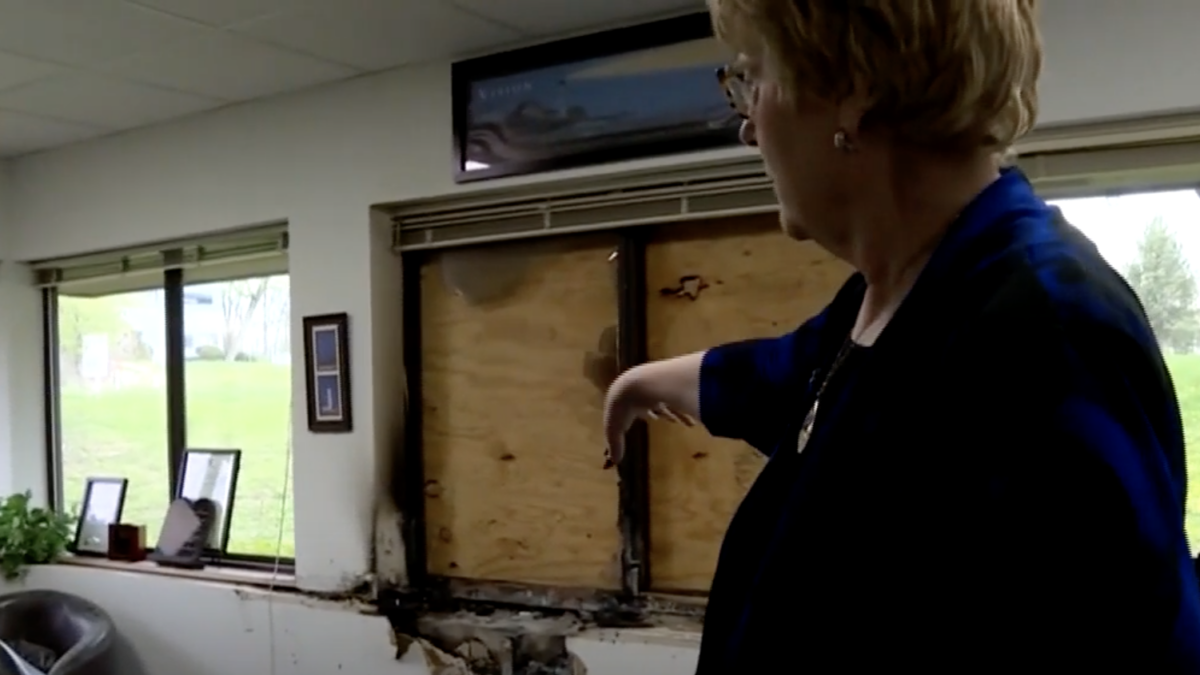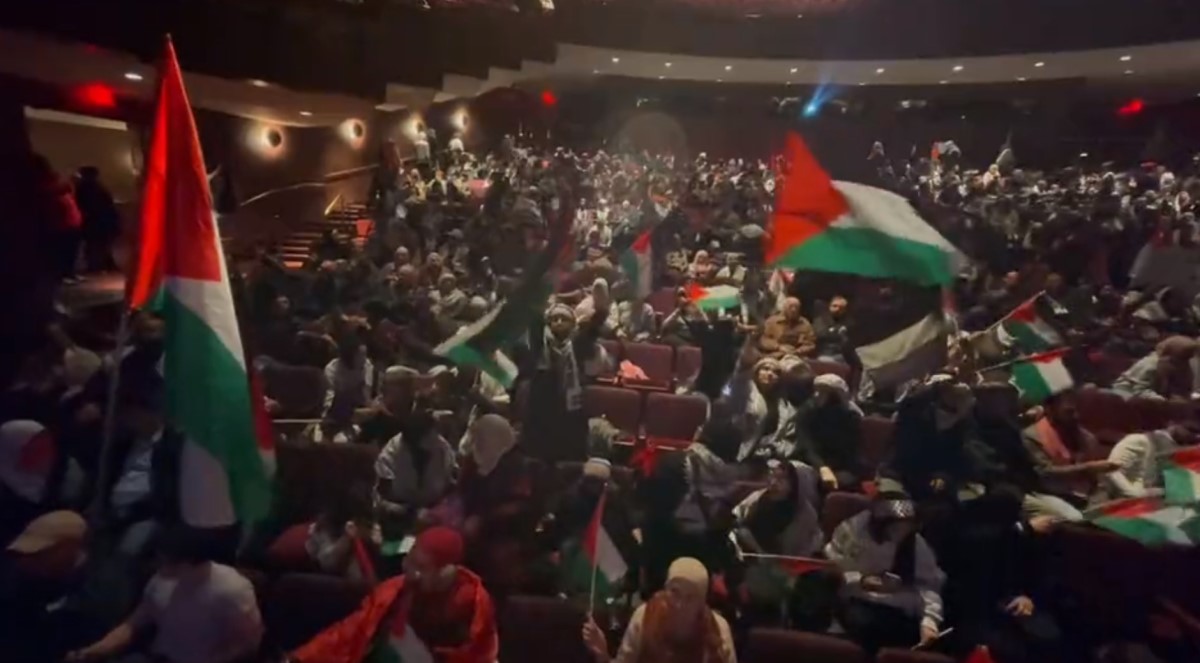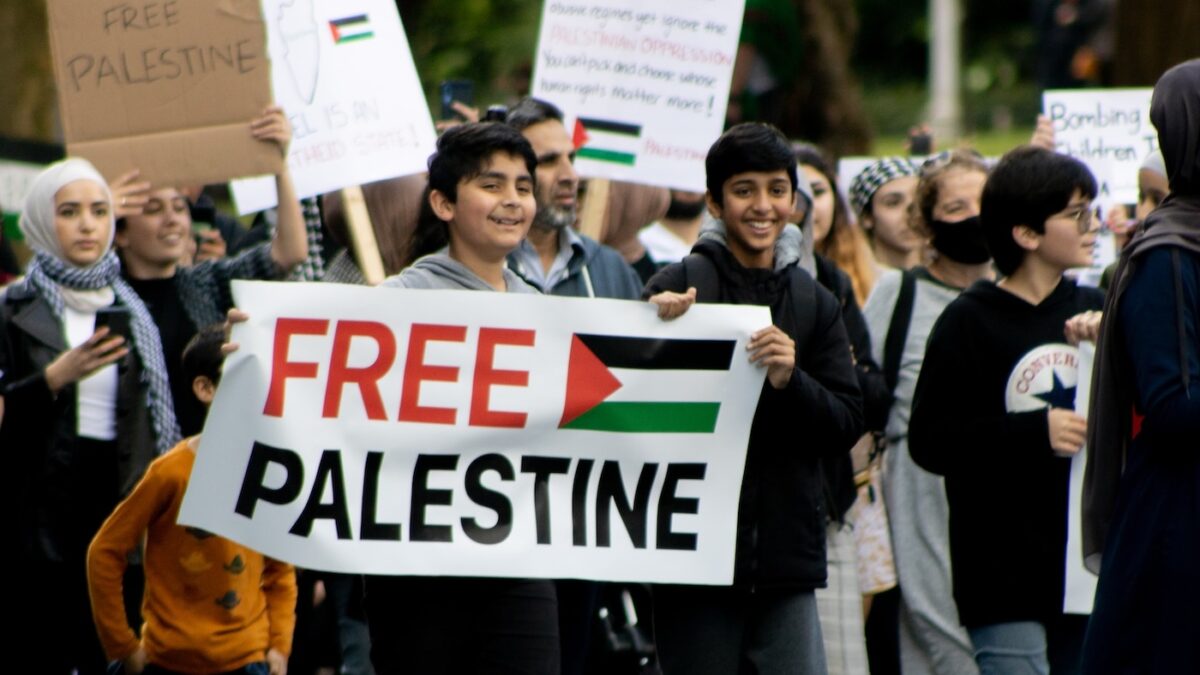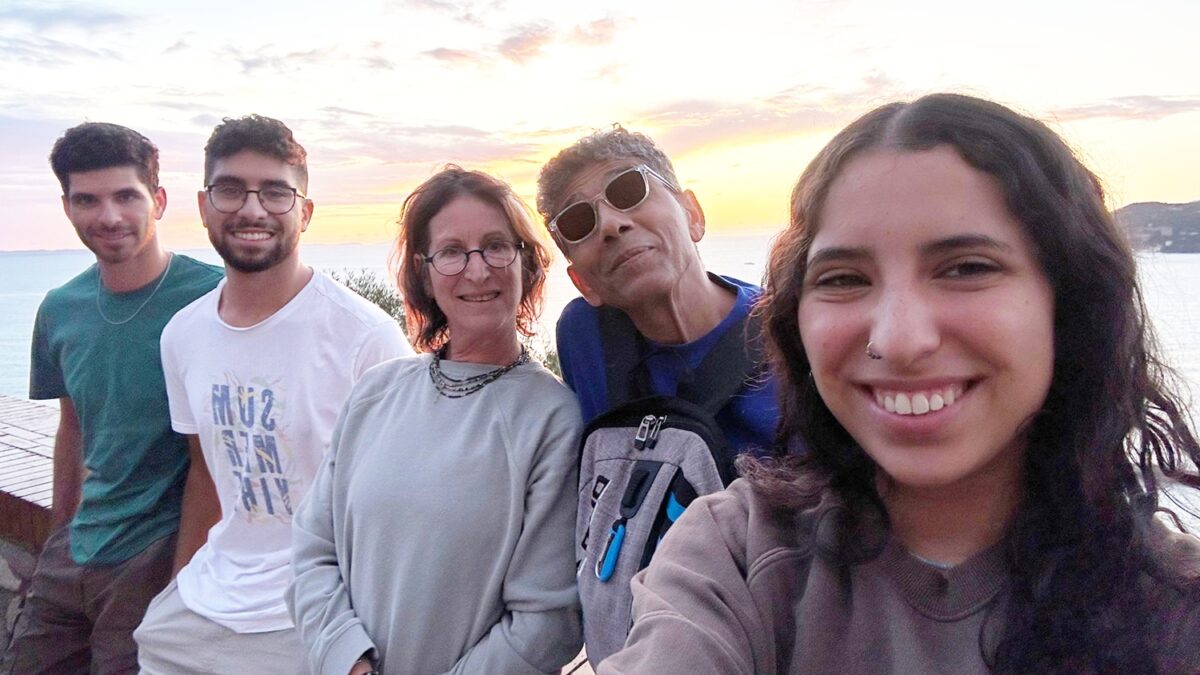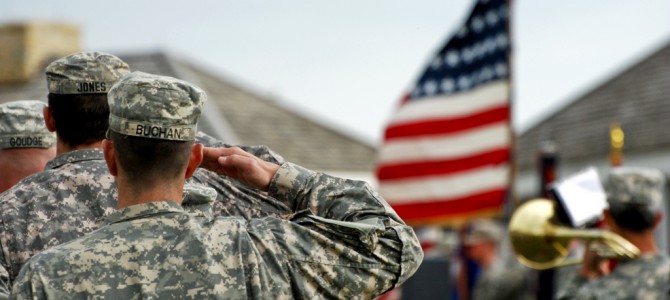
I stood upon the back of a ferry as it coasted through choppy waters, enjoying the view of the two largest buildings in America on my way to the Statue of Liberty. It was my senior year of high school in the DC suburbs, and this was my first time ever visiting these historic sites in New York. I still look at some old photographs from that time. The skies around the World Trade Center were clear and blue, much like they would be on that fateful day a year later.
When 9/11 hit about a year later, I was a freshman in college in Grand Rapids, Michigan. The day began with my first-ever political science class. “Who else here wants to be president some day?” I asked my new classmates on my first day of Political Science 101. A few other hands rose into the air. Brimming with ambition on my way back to the dorm afterward, I noticed people walking passed me with almost-ghoulish expressions. I finally asked one guy, “Is something wrong?” “Dude, just turn on the TV.” I raced back to my room and turned on the TV in time to see the first tower go down.
The word quickly came in that the Pentagon had been hit as well, and maybe other sites in Washington DC. I frantically tried calling my family back in the DC area, but with thousands of others hoping for word from loved ones there I had a hard time getting through. Finally, I got word that several in my family were leaving the city behind on foot with smoke in the skyline behind them and sirens everywhere. My younger brother was locked down at his high school while my older brother in Eighty-Second Airborne was getting the news that would eventually lead to war.
Promise Me You Won’t Join the Army
I was fired up. It wasn’t just the white-hot passions of knowing that my family was in harm’s way. There were profound moments of reflection. I remembered reading virtually every book in my elementary school library on World Wars I and II and the Korean and Vietnam wars, and how much those prior generations of heroes meant to me. Memories came trickling back to me of tracer rounds in the night sky during the Gulf War, broadcast over TV during those same early years.
That night, I told some of my new college friends that this was our moment. There are times in every life when we must choose between the easier path and the better path. As the smoke started to clear from the wreckage in New York City and at the Pentagon, word started to spread of a band of passengers on Flight 93 who fought back against their hijackers and saved the capitol. The last words of one passenger, Todd Beamer, have resonated with me ever since: “Let’s roll.”
Over the next Christmas break, I went to the local recruiter in Maryland and did everything short of a physical in order to enlist. I went home and told my mama, and she let me have it. She already had one boy in the Army facing who knows what—World War III?—and she wasn’t going to have two. In the war of words that followed, I suffered defeat. Yet my passion for serving our country still grew.
Two years later, I received a call from my brother as his unit was being staged in Kuwait. “I don’t know when I’ll talk you next, but I want you to promise me something,” he said, “Don’t join the Army.” I didn’t know what else to do but say “Yes.” What if he was killed over there? It was a promise I felt morally bound to make, and later, morally bound to break.
Toward the close of my college tenure, I felt a tug away from my original love of politics and toward the ministry. I wanted to serve the God who changed my heart and mind and made me a follower of Jesus Christ. He was the one who ultimately changes people at the deepest level, not politics. I believed that love which so changed me now also compelled me toward the ministry, including the Army chaplaincy.
On to War and Heartache
I went straight to seminary after college and during that first year took my oath at a local recruiting office on December 12, 2006. My first training lasted the first three months of 2009 and my wedding followed a month later. In May 2013, four weeks after my first child was born, I began a deployment that would take me to the place that the War on Terror had started: Afghanistan.
I finally had the opportunity to serve our soldiers on the front line, trying to offer hope and encouragement for every step of that difficult journey. Some of my most meaningful moments came when I accompanied my soldiers on their convoys. I loved caring for them when they went outside the wire, but I knew it came with a risk. Every so often, a VBIED—a vehicle-based IED (car packed with explosives)—would strike and destroy an allied vehicle and its occupants.
On December 27, 2013—just over seven years after I had taken my oath—a young airman I cared for, Capt. David Lyon, was killed along with two Czech soldiers by a VBIED, just a mile from our post. He had just spent Christmas in Afghanistan with his wife and best friend, Capt. Dana Lyon. There is a picture from soon after of Dana lying on the floor of a military aircraft, arm wrapped around her husband’s flag-draped coffin.
A year later, the youngest kid in my unit took his own life. It seems he came home from the war, but never really came home. These two gaping holes in my heart mirror those two smoking holes in the ground that sent me to this war in the first place. They have become invisible tattoos for me, reminding me every day why I put on the uniform.
I miss Lyon and my young soldier. I miss the firefighters who ascended the steps of the World Trade Center and never stopped climbing, even when the towers came down. I miss Martin Richard, a boy out with his dad to see the Boston Marathon who was killed in the terrorist attack that day. I miss the thousands of killed service members, most of whom came from my generation, served our country valiantly, and whose absence now leaves our country a little more barren.
I keep putting the uniform back on for all of these people and for my wife and two kids and their future. I love my life and all the blessings that God has given me, but my love of life does not cloud my purpose in it—to serve my God, family, country, and soldiers. Every time I threaten to be overwhelmed by the heartache, I remember how much my savior endured for my sake. In that grace, he continually strengthens me.
Standing behind the symbol of my generation—two great towers that came down—is an even greater symbol: a cross. Echoing from the shattered remnants of those towers is the mantra of my generation: “Let’s roll.”


